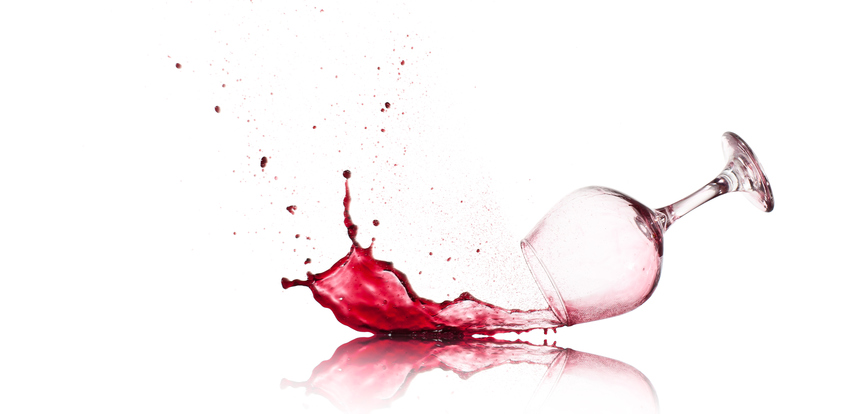spill
(verb, noun)
/spɪl/
 LISTEN
LISTEN


To spill means to let something fall accidentally from a container, especially if it is liquid, or to scatter something over a surface. Mainly in the UK, to spill is also to cause to fall from a horse or vehicle. If something flows strongly or in great quantities, that’s also to spill. Figuratively, spill can also mean ‘to move in great numbers,’ as people do. Informally, to spill is to let secrets or information be known. A quantity of liquid spilled is a spill, and now mostly in the UK, so is a fall.
Example sentences
- I knocked over the carton and spilled the milk.
- The man was searching for something and emptied the desk drawers in a hurry, spilling papers all over the floor.
- The horse bucked, spilling its rider.
- Tears spilled from Tom's eyes.
- People spilled out of the theater at the end of the play.
- I know you're seeing someone; who is it? C'mon, spill!
- When the little girl knocked her glass of juice over, her dad grabbed a cloth to mop up the spill.
- The spill from his bike left Phil shaken and bruised.
Words often used with spill
spill the beans: tell a secret. Example: “Gina was trying to organize a surprise birthday party for her husband, but one of his colleagues spilled the beans.”
spill blood: wound or kill someone. Example: “Negotiators are still hopeful that the crisis can be resolved without any blood being spilled.”
In pop culture
You can listen to Eric Burdon and War singing “Spill the Wine” here:
Additional information
A spill is also a long, slender piece of wood or twisted paper for lighting candles or lamps.
Did you know?
The expression “to cry for spilt milk” (mostly UK) or “to cry over spilled milk” (mostly US) means to worry about something that has already happened, and cannot be changed. It’s usually used in negative constructions, for example: “We’ve already missed the flight, so don’t waste your time crying over spilled milk, and go talk to the airline to book a new one.”
Other forms
spillage (noun)
Origin
Spill dates back to before the year 950, when the Old English verb spillan meant ‘to destroy or kill,’ as well as ‘to mutilate.’ It first appeared as a variant of the OE verb spildan, which meant ‘to destroy,’ and it can be traced back to the Proto-Germanic verb spilthjan and the Proto-Indo-European root spel– (to split or break off). It is related to the Old High German spildan (to spill), the Old Saxon spildian (to destroy or kill), the Old Norse spilla (to destroy), the Danish spilde (to lose, spill or waste), and the Middle Dutch spillen (to waste or spend), as well as the Middle Dutch spalden and the Old High German spaltan (to split), the Greek nouns aspalon (skin or hide) and spolas (flayed skin), the Middle Low German spalden and the Old High German spaltan (to split) and even the Sanskrit sphatayati (splits). Its meaning has changed quite a bit over the ages. By Middle English, the verb evolved into spillen, and also came to mean ‘to shed blood’ and, figuratively, ‘to waste something.’ The sense ‘to let a liquid fall or run out’ appeared in the mid-14th century, a figurative use of the meaning ‘to shed blood.’ The intransitive sense, ‘to run out’ or ‘to be wasted’ dates back to the mid-17th century. The original meanings slowly faded away as the meanings we know and use now became more common, by the late 16th century. The noun comes from the verb, and dates back to the mid-19th century. It originally meant ‘a throw or fall from a horse,’ though the meanings ‘the act of spilling’ and ‘an amount of something spilled’ are recorded just a few years later.
Word of the Day is released Monday through Friday.



